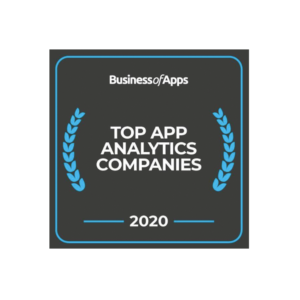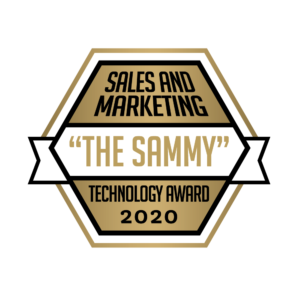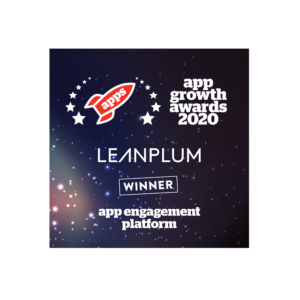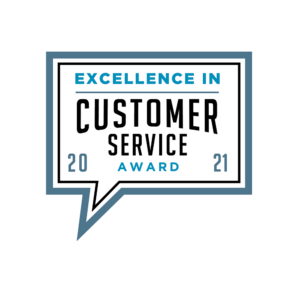App Personalization
Interested in Leanplum?
What Is App Personalization?
App personalization is the way in which an app team customizes the product’s user experience through interactions, design, and engagement.
How Does App Personalization Work?
Personalization involves sending out specific messages and customizing content based upon a multitude of variables, such as the user’s name, gender, age, location, and behavioral habits. From something as simple as using a person’s first name in an email, personalization can increase conversion rates by up to 18 percent.
Mobile personalization can have a significant impact on how an app is designed. While many of us see personalization as simply using a person’s name in a notification, there is far more to it than this. For example, app design can take a user’s location into account. This is demonstrated in the Airbnb app, whose homepage changes depending on where its users are. Users in Boston, for instance, will see a selection of recommendations for Boston when they open the app. Location can also determine what news updates users see, with local content prioritized over global.
User history is also a great way for marketers to personalize their app design. A retail app might target customers who recently viewed a particular product with a “related items” page. Similarly, a person’s recently viewed videos on YouTube might influence their next suggested content. Apps such as Facebook allow users to curate what content they would like to see themselves, by asking what their content preferences are. All of these personalization methods ensure that users are targeted with the most relevant content to encourage conversions in the long term.
Who Does App Personalization Benefit?
App personalization benefits users first and foremost by gathering data from their own individual behavior to create user profiles. This lets app teams target users with relevant content. For example, a push notification that announces a sale could save the user money while keeping them engaged with the app.
For marketers, personalized notifications can increase conversion rates and ensure customers continue to engage. Studies show that just 21 percent of us keep an app one day after downloading it, so engagement through personalization is hugely important.
What Does App Personalization Mean For Marketers?
Marketers can save time by leveraging their user data to set up mobile marketing automation. This can involve, for example, sending automated push notifications to users at a time when they are most likely to convert. By saving time, marketers can invest more resources into improving their app. This in turn creates more satisfied users who will continue to engage and encourage further app downloads by leaving positive reviews.






